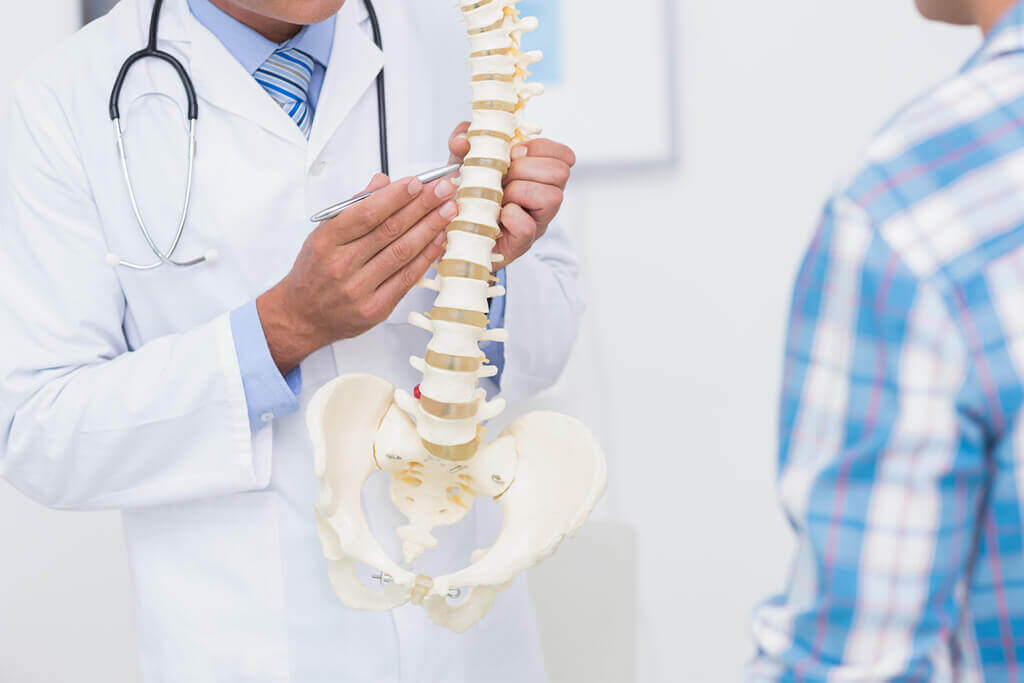Pap Smear
Introduction
A Pap smear test is a preventive measure that can detect precancerous or cancerous cervical cells. A yearly Pap smear used to be recommended for for most women, but this changed in 2013. Current guidelines from the American College of Obstetrics and Gynecology recommend the following:
- Pap smear once every 3 years for women under 30.
- Pap smear and HPV (human papillomavirus) test every 5 years for women under 65.
- Women over 65 do not need a Pap smear unless there is a history of two or three abnormal test results in the last 5 to 10 years, or if there is a history of dysplasia or cervical cancer.
- Pap smear and HPV testing is not recommended for girls under 21 years of age.
NOTE: These guidelines do not apply to women who have cervical cancer or are positive for HPV and have a weakened immune system.
Cervical cancer occurs when the cells in the cervix grow abnormally or out of control. The exact cause of cervical cancer is unknown. Cervix cancer that is identified and treated early is associated with good outcomes. Precancerous cells approach 100% curable.
A Pap smear involves obtaining cells from the cervix for examination. It identifies abnormal cellular changes, precancerous cells, or cancerous cells. If the results of your Pap smear are abnormal, your doctor may repeat your Pap smear and conduct additional tests.
Certain strains of HPV, a sexually transmitted disease, have been associated with cervical cancer; however, HPV infection usually goes away on its own in younger women. This is why HPV testing is not recommended until the age of 30. A vaccine is available to prevent infection against the two types of HPV that are responsible for the majority of cervical cancer cases and the two types of HPV that are responsible for the majority of genital wart cases.
Treatment
A Pap smear is a short in-office procedure. You should avoid douching, using tampons, or sexual intercourse for 24 hours before your test. Schedule your Pap smear for a time when you do not have your period, as blood or fluid may interfere with your test results.
During the Pap smear procedure, you will lie on your back on an examination table. You will place your feet in stirrups to position your pelvis for your examination. Your doctor will gently insert a speculum to open the walls of your vagina. Your doctor will gently scrape your cervix with small instruments to obtain cell samples. The cell samples are preserved and sent to a laboratory for examination.
You may experience slight discomfort or pressure during the test, although many women do not. It is common to have slight bleeding after the procedure. Your doctor will notify you when your test results are received.

Copyright © - iHealthSpot Interactive - www.iHealthSpot.com
This information is intended for educational and informational purposes only. It should not be used in place of an individual consultation or examination or replace the advice of your health care professional and should not be relied upon to determine diagnosis or course of treatment.
The iHealthSpot patient education library was written collaboratively by the iHealthSpot editorial team which includes Senior Medical Authors Dr. Mary Car-Blanchard, OTD/OTR/L and Valerie K. Clark, and the following editorial advisors: Steve Meadows, MD, Ernie F. Soto, DDS, Ronald J. Glatzer, MD, Jonathan Rosenberg, MD, Christopher M. Nolte, MD, David Applebaum, MD, Jonathan M. Tarrash, MD, and Paula Soto, RN/BSN. This content complies with the HONcode standard for trustworthy health information. The library commenced development on September 1, 2005 with the latest update/addition on February 16, 2022. For information on iHealthSpot’s other services including medical website design, visit www.iHealthSpot.com.


